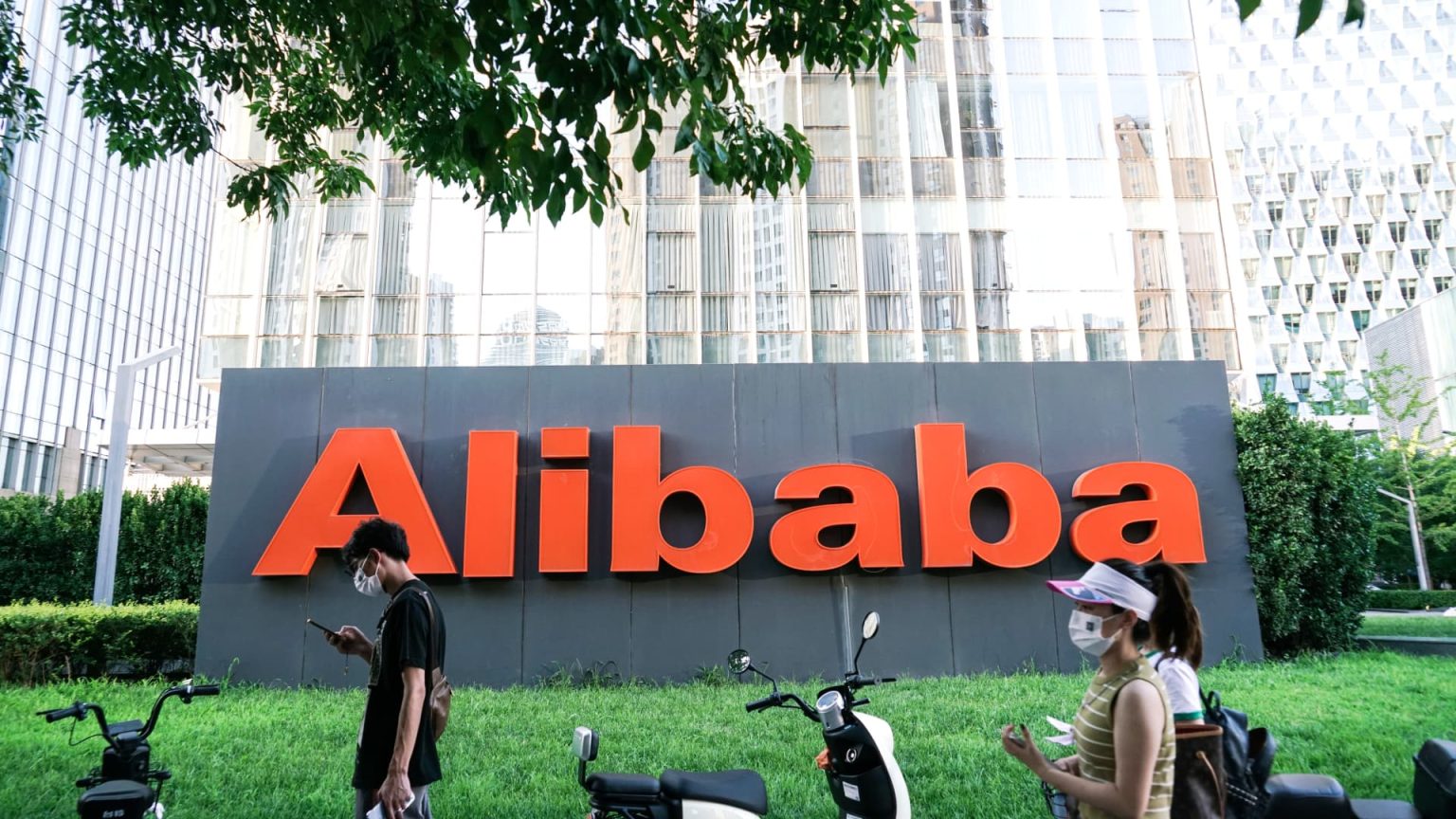Alibaba reported higher revenue than expected in its fiscal fourth quarter, reaching 221.9 billion Chinese yuan ($30.7 billion) compared to the 219.66 billion yuan that was expected. However, the company’s net profit dropped significantly, with net income attributable to ordinary shareholders at 3.3 billion yuan, down 86% year-on-year. As a result, Alibaba’s shares were down around 3% in pre-market trading in the U.S. The company had a challenging year in 2023, undergoing a major corporate restructuring and changes in management, including the appointment of Eddie Wu as chief executive.
Despite the profit decline, Alibaba expressed confidence in its future by increasing its share buyback program by $25 billion through March 2027. The company has been dealing with cautious consumer spending in China but saw a slight recovery in its core e-commerce business in the March quarter. Revenue for the Taobao and Tmall division, which comprises Alibaba’s China e-commerce operations, increased by 4% year-on-year to 93.2 billion yuan. Customer management revenue, generated from services like marketing on Taobao and Tmall, also saw growth, rising 5% year-on-year. Alibaba’s international commerce business experienced a notable revenue increase of 45% year-on-year, as the company focused on expanding its overseas presence amid a slowdown in the domestic market.
Alibaba’s CEO, Eddie Wu, has pledged to reignite growth in the e-commerce giant with additional investments. The company’s efforts seem to be paying off, as evidenced by the latest quarter’s results, which showed a return to growth. However, the significant profit drop was largely attributed to a net loss from investments in publicly traded companies during the quarter, compared to a net gain in the same period last year due to mark-to-market changes. Despite this setback, Alibaba remains optimistic about its future prospects and is focused on continuing to drive growth and innovation within its business.
Alibaba’s performance in the March quarter reflects the company’s resilience and ability to adapt to changing market conditions. Despite facing challenges related to consumer spending and increased competition, particularly from low-cost players like PDD, Alibaba has demonstrated its commitment to growth and expansion. The positive signs of recovery in its core e-commerce business and the strong performance of its international commerce division indicate that Alibaba’s strategic initiatives are starting to yield positive results. With a renewed focus on investments and growth, Alibaba is positioning itself to capitalize on emerging opportunities and drive continued success in the global e-commerce market.
As a leading player in the Chinese e-commerce industry, Alibaba’s financial results and strategic developments are closely watched by investors and industry analysts. The recent earnings report, highlighting both revenue growth and a significant profit decline, underscores the dynamic nature of the business environment in which Alibaba operates. By navigating challenges and leveraging its strengths, Alibaba is positioning itself for long-term success and remains a key player in the e-commerce sector. The company’s ability to adapt to changing market conditions and drive innovation will be crucial in determining its future growth trajectory and competitive positioning in the global marketplace.













